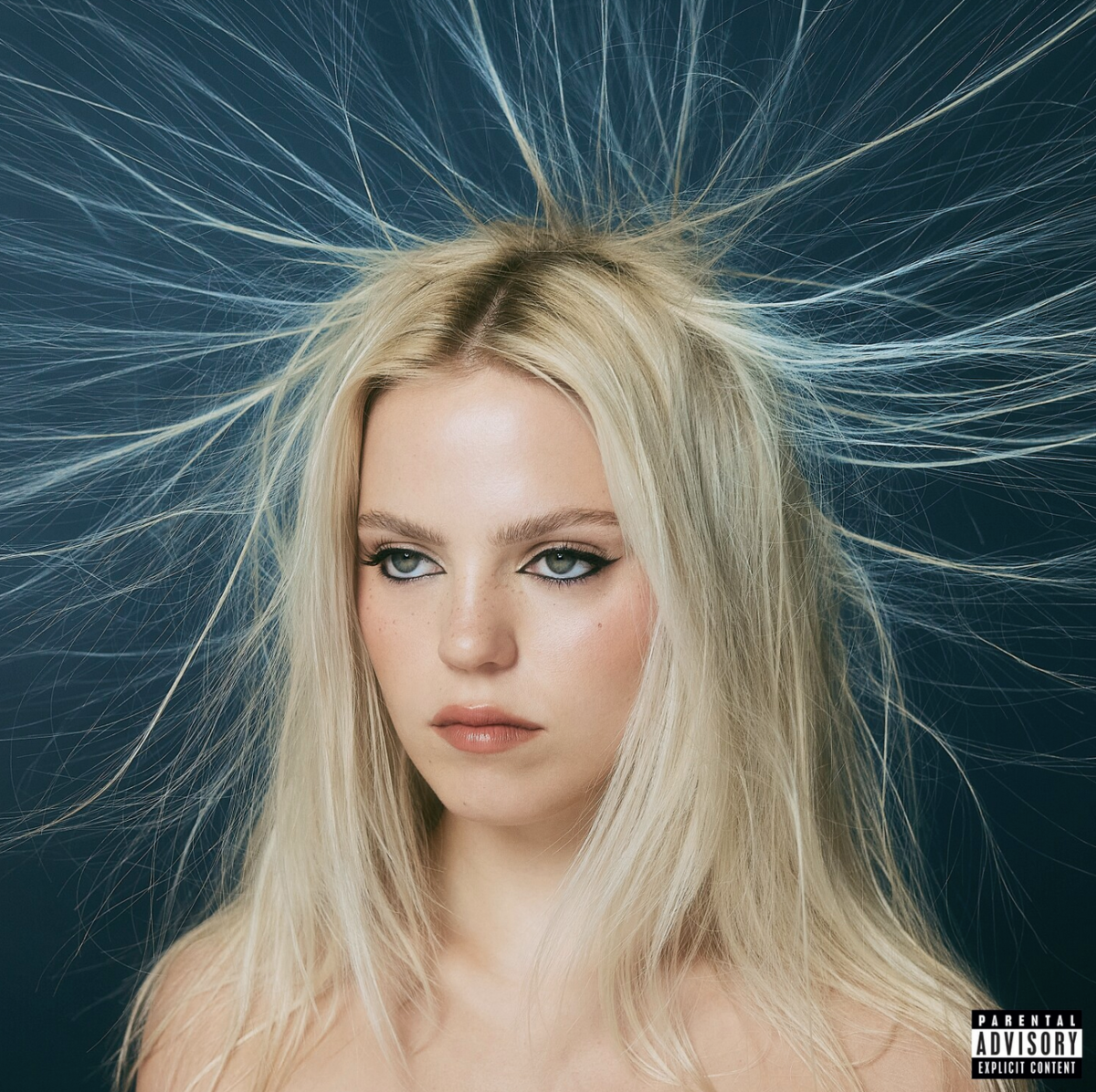Reneé Rapp has slowly but surely made a name for herself in multiple ways. There are more than a handful of Vines and TikToks out there of her singing riffs like it’s child’s play, or belting high notes with impressive power while standing atop a piano stool with one leg. In recent years, she’s made herself visible on both the stage and screen, most notably with her leading role in Mindy Kaling’s Max series, “The Sex Lives of College Girls.”
But perhaps what Rapp is best known for—or rather should be best known for—is her sheer talent for singing and songwriting. She starred as the devilish queen bee Regina George in the Broadway musical adaptation of “Mean Girls” in 2019. In November 2022, she released her extended play (EP) titled “Everything to Everyone,” which she describes as “stripped-back pop” with lyrics on “all of the shitty things that have happened [to me].” This EP led to a sold-out headline tour. Among its songs is “In the Kitchen,” a raw piano ballad with soul-crushing background vocals that could rival the likes of even Olivia Rodrigo’s “drivers license.”
With vocals like that, expectations were high when the young songstress announced in June on Instagram the release of her first ever studio album, “Snow Angel.” The album, along with its eponymous lead single, emphasizes the idea of vulnerability, which Rapp compares to “bleeding out.” And that vulnerability is palpable, with Rapp utilizing her penchant for high-octave belting during heart-rending choruses and bridges. In the title track’s bridge, she belts each verse one note higher, remembering how her addictions constructed her views on love and how much she’s changed since those days. “The Wedding Song” takes a more traditional approach to the ballad canon, with its jubilant guitar-laced chorus setting the stage for Rapp’s matrimonial delusions and childish hopes. Rapp sings, “You are my one, you set my world on fire / I know there’s heaven, but we must be higher / I’m gonna love you till my heart retires / forever we’ll last / I think it went something like that.” The eleventh track, “Willow,” demonstrates Rapp’s ability to express vulnerability in another fashion, with soft, pillowy vocals that offer solace to a crushed friend, offering to take the suffering from them if it meant they would stop crying.
However, that is not to say that “Snow Angel” is all heartbreak. The album has a few pockets of sugary pop that speak to Rapp’s other signature penchants for blunt speech and playful, but vulgar, fun. Take the album’s opening track, “Talk Too Much,” and its cringe-worthy imagery that strikes from the start. The song continues with a recounting of a worst-case scenario of a lovesick Rapp’s confession going awry. “Poison Poison” is perhaps the best encapsulation of Rapp’s personality, with what is probably the most vulgar yet simultaneously most upbeat track you will ever hear. “You’re making it so hard for me / to always be supporting women,” she says in this catchy song that is practically submerged in a sea of “la-la-la”s, before playfully slandering her ex.
“Snow Angel” is a perfect introduction to Reneé Rapp. It’s an exhibit that tells the entire story of a woman who is not just broken by love, but also experienced a trauma that left her bruised and shaped her into a mature adult. It’s a completely different picture from what we saw in “Everything to Everyone.” And Rapp would agree; while collaborating with producer and friend Alexander 23—who has also collaborated with Olivia Rodrigo—she says, “He listens to me, respects me, and is actually interested in what I have to say musically,” while she couldn’t say the same of when it came to her EP. And from the bombastic nature of the album’s lyrics and production, it’s wise to say that the respect paid off. Rapp has gifted listeners a record that reveals the humanity behind it in its entirety: a crestfallen yet upbeat and hilarious woman with a few shots to take.




